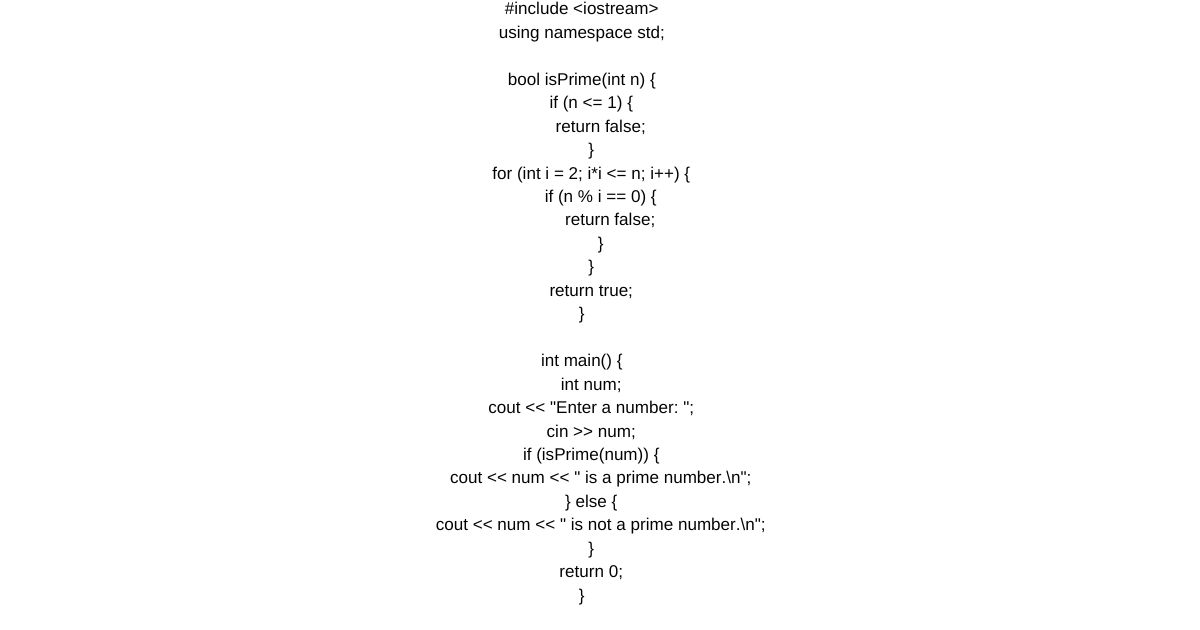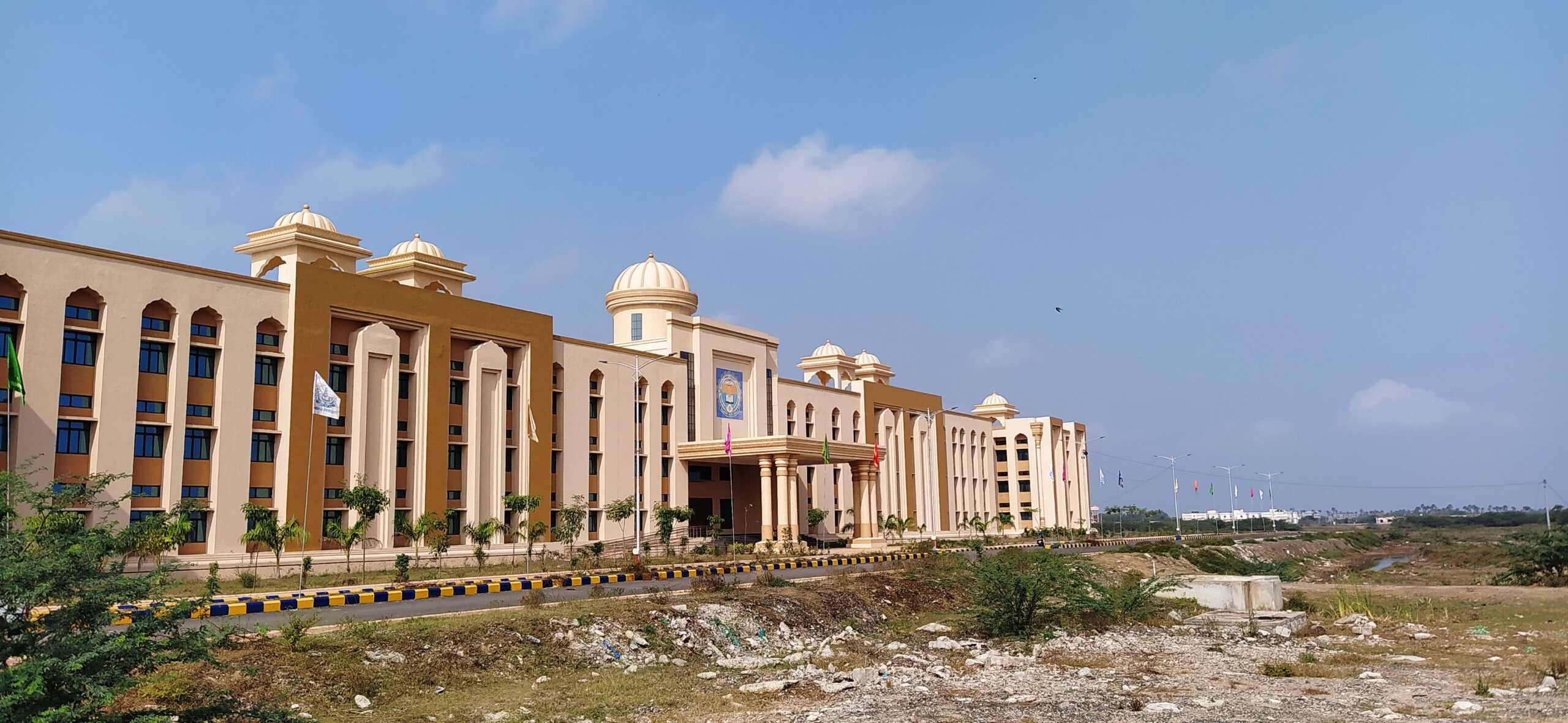Table of Contents
Savinay Avagya Andolan, also known as the Civil Disobedience Movement, was a significant milestone in the Indian freedom struggle. The movement, initiated by Mahatma Gandhi, aimed at ending British rule in India by non-violent means. In this article, we will delve deeper into the history and impact of the Savinay Avagya Andolan.
History of the Savinay Avagya Andolan:
The Savinay Avagya Andolan began on 12th March 1930, with the Salt Satyagraha. Mahatma Gandhi, along with several other leaders, marched to the coastal village of Dandi in Gujarat to make salt from seawater in defiance of the British Salt Acts. The British authorities had a monopoly on salt production and levied heavy taxes on it, which affected the poorest sections of society. The Salt Satyagraha was a symbolic gesture of defiance against this unjust law.
The movement quickly spread throughout the country, with people participating in various forms of civil disobedience. The British authorities responded with brutal force, arresting and imprisoning thousands of people, including Gandhi himself.
Impact of the Savinay Avagya Andolan:
The Savinay Avagya Andolan had a profound impact on the Indian freedom struggle. It demonstrated the power of non-violent resistance and civil disobedience in achieving political goals. The movement brought together people from different castes, religions, and regions in a united struggle for freedom. It also exposed the brutality of British rule and forced the international community to take notice of the Indian independence movement.
The Salt Satyagraha had a significant economic impact as well. The boycott of British goods and the production of salt by ordinary people hit the British economy hard. The movement also led to the formation of the Indian National Congress as a mass organization, with millions of people joining its ranks.
The Savinay Avagya Andolan paved the way for the Quit India Movement in 1942 and the eventual independence of India in 1947. It remains an inspiring example of peaceful resistance against oppression and injustice.
Importance of Savinay Avagya Andolan
The Savinay Avagya Andolan, or the Civil Disobedience Movement, was a defining moment in Indian history. It demonstrated the power of non-violent resistance and brought together people from different backgrounds in a united struggle for freedom.
The movement had a profound impact on the Indian freedom struggle and paved the way for the eventual independence of India. Today, it serves as an inspiration to people around the world who seek to fight injustice and oppression peacefully.
Also, read Marcos commando































